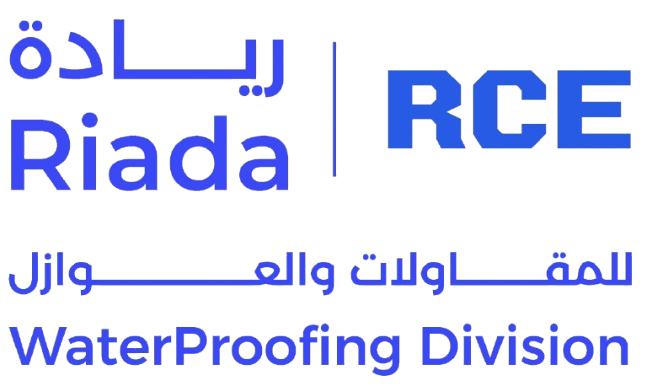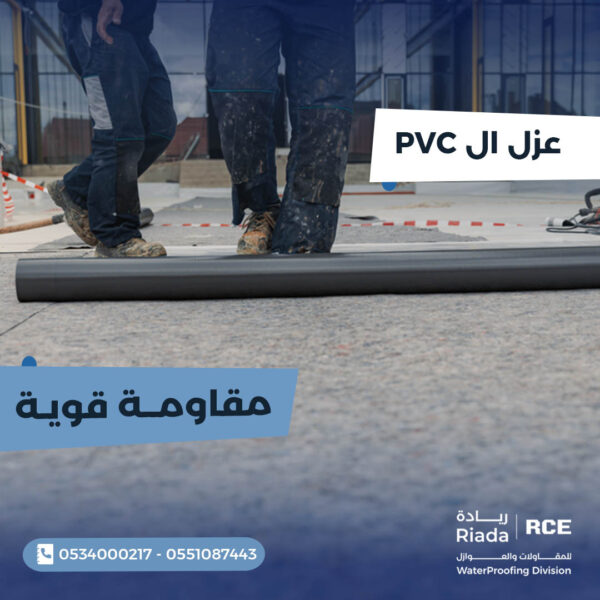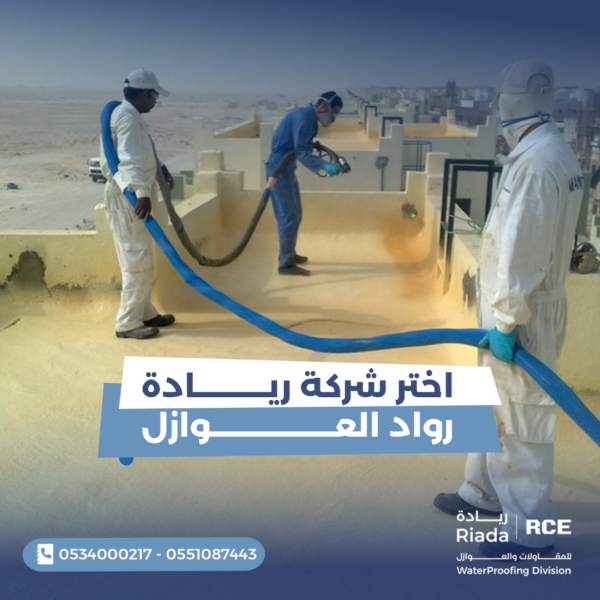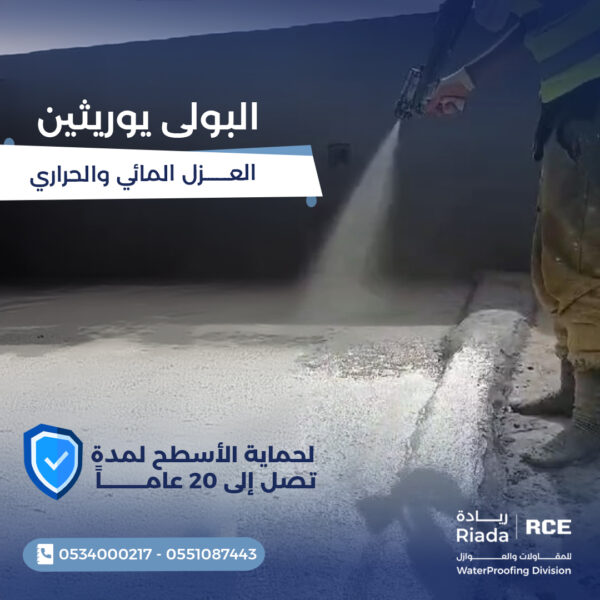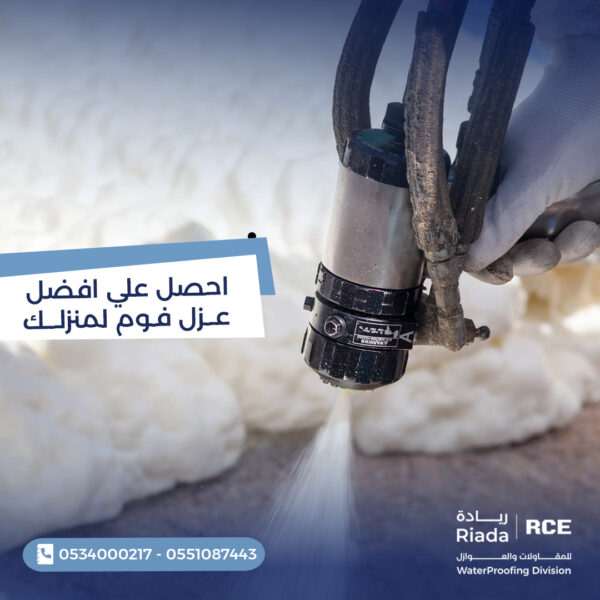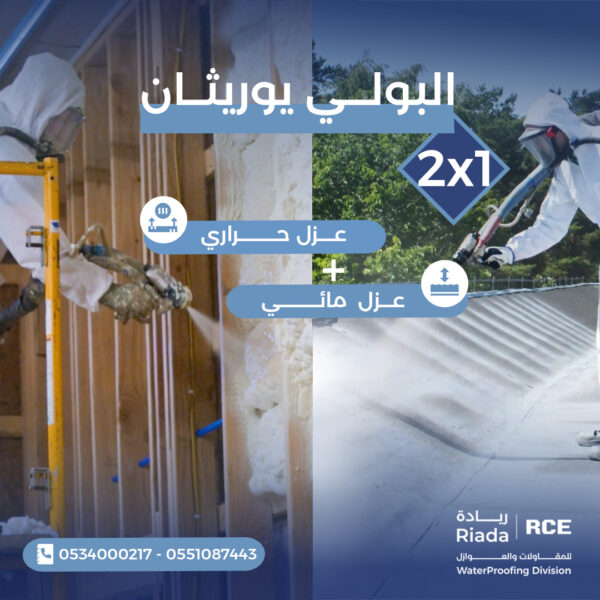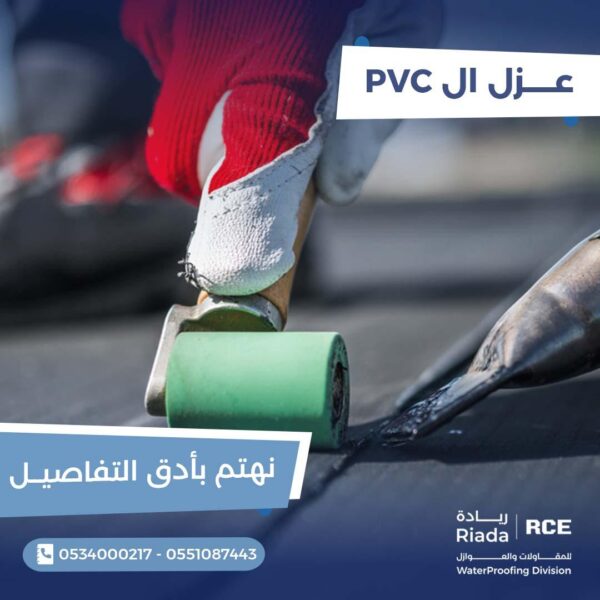Cold waterproofing
Cold waterproofing is considered an effective and sustainable method to protect buildings and facilities from the effects of water and humidity. This type of insulation relies on the application of special materials that do not require heat or heating equipment during the installation process, which makes it an ideal choice in many construction projects, especially in areas with harsh environmental conditions or in cases that require providing insulating solutions quickly and efficiently.
What is cold waterproofing?
Cold waterproofing is a system in which flexible or adhesive materials are used that are ready for use directly without the need for heating or application of heat, such as cold asphalt or cold asphalt strong>Polymer-based insulating materials. These materials are applied to surfaces exposed to water or moisture, such as roofs, walls, and floors, to form an insulating layer that prevents water leakage and helps maintain the building's structural structure.
Advantages of cold waterproofing:
Ease of application: Cold waterproofing is easy to apply, as it does not require complex tools or equipment, like traditional insulation systems that may need heat or heating equipment. Materials can be applied usingbrush, roller, or spray, making the process easy to carry out quickly and at a low cost.
Low cost: Compared to other insulation systems that may require heating or special equipment, cold waterproofing is an economical option suitable for projects with limited budgets.
Flexibility in use: Cold waterproofing can be used on many surfaces such as concrete, metal, or plastic surfaces, making it suitable for many applications such as roofs, walls, tanks, And swimming pools.
Speed of implementation: Cold waterproofing can be applied in a short time, and it hardens quickly after application, which reduces implementation time and improves the speed of project completion.
Do you need
consultation?
Feel free to contact us and
ask your question.
